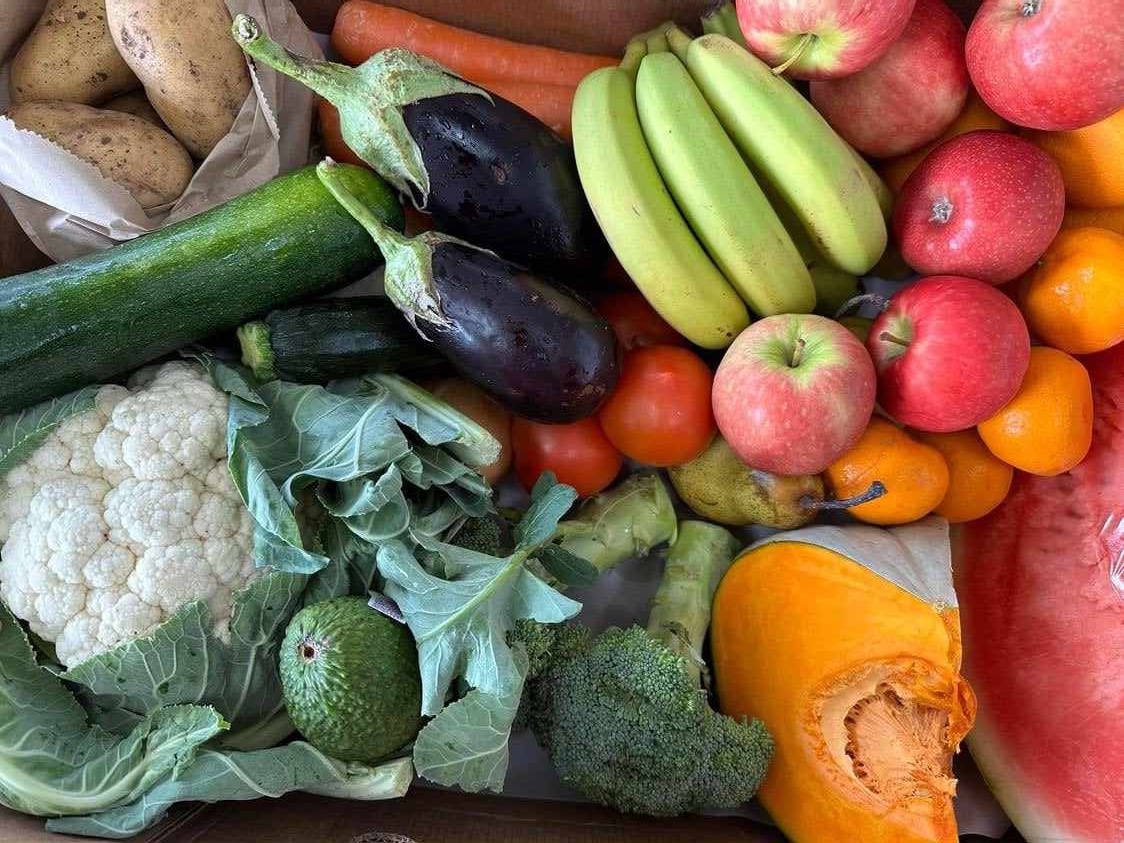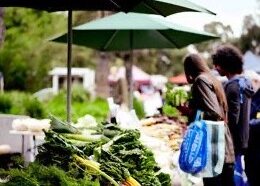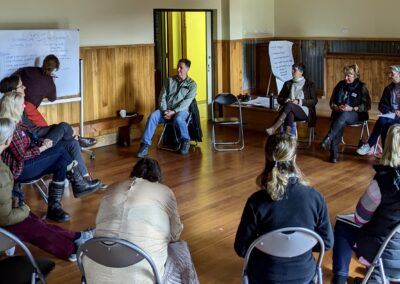Our Work
Prototyping regional food system activation models
In 2015-2017 we ran a project to deepen understanding of the needs of Community Food Enterprise sector and how it could be better supported to increase public good outcomes, particularly consumption of healthy fresh food.
This project prototyped local/regional level services (in Mildura, Gippsland and Wyndham) and state-wide support services to build the capacity of CFEs to improve fresh food supply and access. The project was designed as an exploration with participants and involved a series of service ‘experiments’. It was funded by the Victorian Department of Health and Human Services Healthy Food Connect – Thrive program.
Prototyping state-wide support
We began by naming and mapping like actors. Community Food Enterprises is a term that we introduced to make the sector visible (to itself and externally). Included in the broader definition is “food hubs” – a term that had earlier served to alienate some enterprises that were doing good work but didn’t identify under this label.
We then talked to enterprises (starting with our existing networks and then snowballing) and surveyed their capacity needs. In parallel we started to build the open resource repository in response to these needs – pooling the most relevant research and guidance in Australia and internationally. In this early stage, we also mapped the local government support for the sector (relevant projects by LGA) and used student researchers to explore potential local government barriers and enablers to the sector.
We publicly launched these resources through the Open Food Network Learn and Connect sections of the Open Food Network website. We helped design a major partnership event to present them to the broader community – the National Food Hubs Conference held in Bendigo in August 2016.
We ran “Shared Learning Day” events for Community Food Enterprises to come together and share models, stories and problems/solutions.
We took the learning from the events & local food activation to design a competitive offer of individual enterprise advice packages (tailored to individual needs, usually but not always involving initial needs assessment; tailored workshop and follow up mentoring).
We participated in the team co-designing and delivering Local Food Launchpad program for early stage projects, led by Doing Something Good. This involved a competitive selection process and 11 food projects participating in 10 sessions over 3 months. It was funded by the City of Melbourne. We gleaned significant insights into the needs of people with early stage projects and learning from modules developed through this program also assisted the delivery of advice packages.
We launched the “Fair Food Forum” which is an online forum for peer support and discussion among community food enterprises and fair food producers across Australia.
Prototyping Regional support
We ran three local food activation projects: Gippsland; Mildura and Wyndham. Each responded to local context – although different they share common success factors. Our method for these projects was to hire a Local Food Activator in each region, and a state-wide co-ordinator to ensure links were being made between projects and activators were supported with best practice knowledge as needed. The Local Food Activators’ goal was to work with local communities to determine a project which could effect change, and then to lead the community in piloting a project that would test this assumption and hopefully lay the groundwork for either continuation of the project or re-evaluation and iteration. There was a focus on both building community and building a food system intervention.
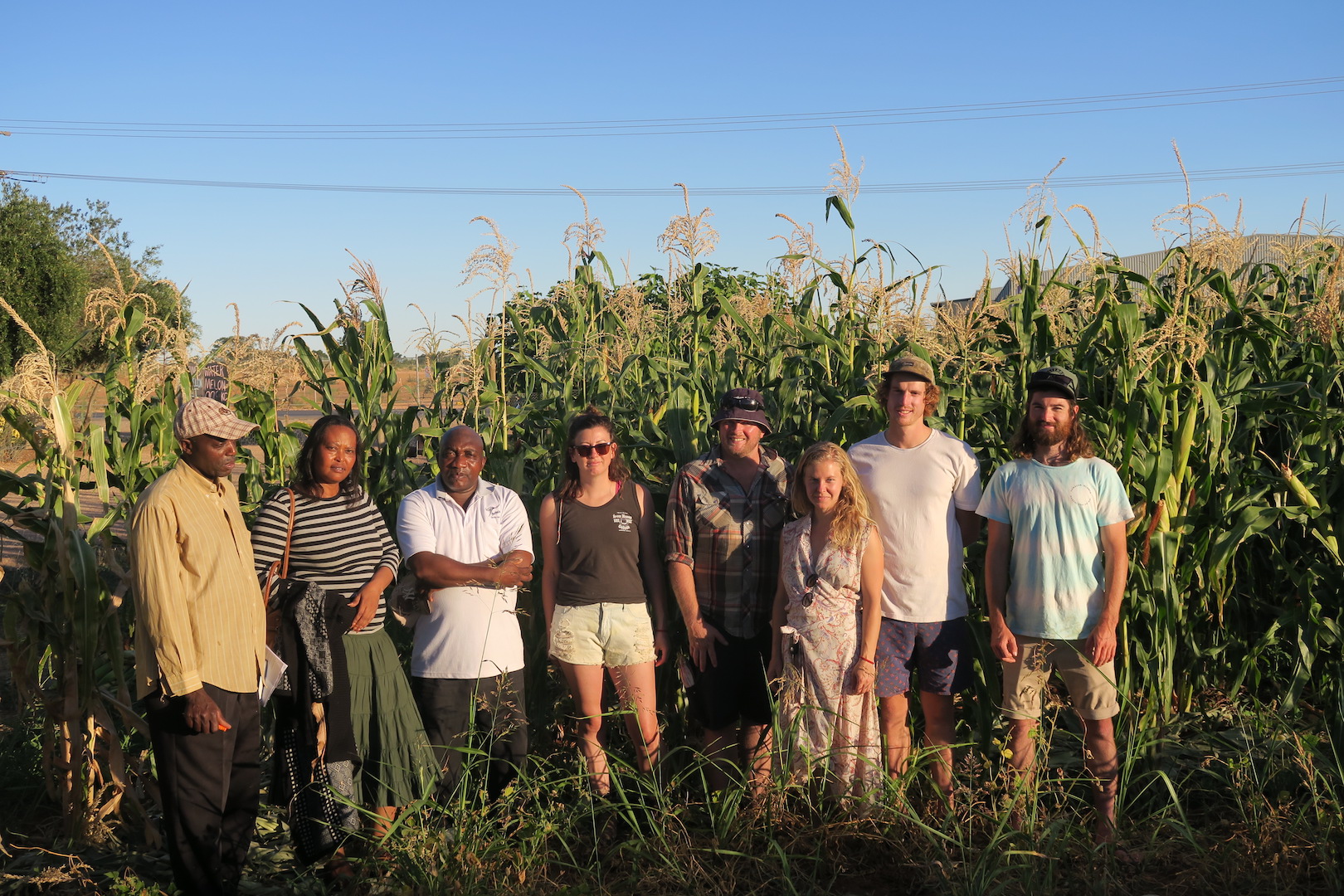
Latest Resources
Can we help?
Have an idea, a project or a question? Want help using the Open Food Network software? Get in touch and find out how we can help you with it.
Keep in touch
Join us
Create a listing, shop or group directory on the Open Food Network. Tell me more!
Read our Terms and conditions | Find us on GitHub
Open Food Network is a free and open source software platform. Our content is licensed with CC BY-SA 3.0 and our code with AGPL 3.
We take good care of your data. See our cookies policy

